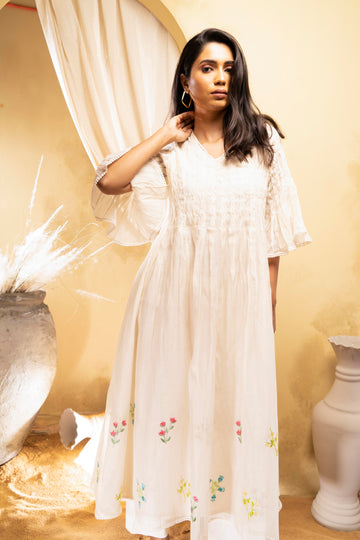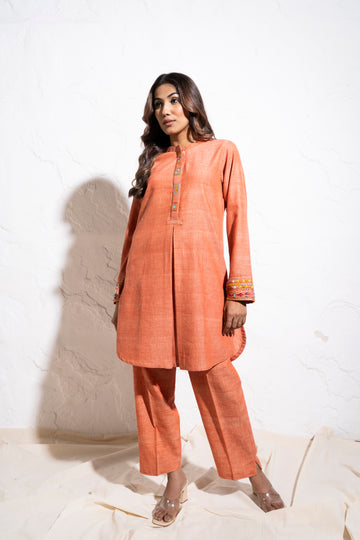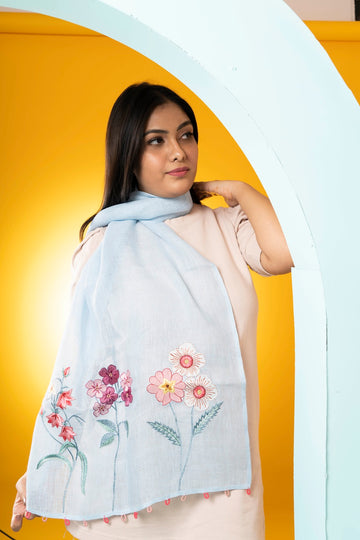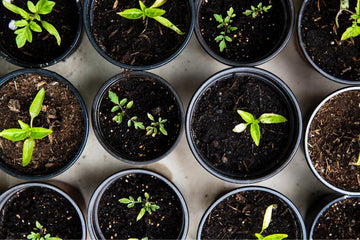Sustainability – it’s the buzzword these days, isn’t it? But what does it really mean? Why is everyone from scientists to school children and Instagram influencers talking about it? And what can you do to practice it?
Let’s face it – most of us know terrifyingly little about this varied socio-scientific concept that is applicable everywhere from the economy to your water bottle and even to your garbage - one that could be instrumental in swerving our planet away from the disastrous impending consequences of climate change, and assure that the primal needs of clean air and water are fulfilled for the next generation to survive, if not thrive.
Simply put, sustainability is ‘the quality of being able to continue over a period of time’ – in this case, for our planet to remain inhabitable in centuries to come. Interestingly, the onus to rise to the occasion and be the initiators in reversing the damage from past mistakes lies with the present generation, and it would be wise to recognize that the clock is already ticking to take immediate action and ensure our children inherit from us a planet that is, at the very least, breathing.
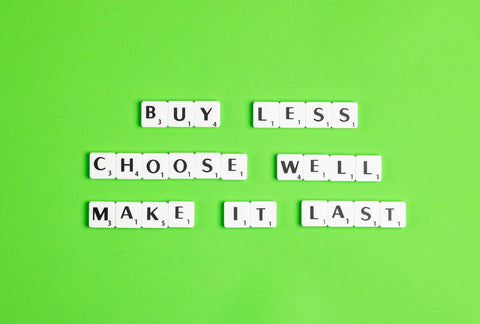
But where does one begin, you’d ask. At White Tree, our overarching approach as a passionate small business is simple – Change begins with us, with you, in tiny ways that are applicable to people, products and processes alike. The keyword for our team has always remained ‘empathy’, which as the Cambridge dictionary describes it, refers to ‘the ability to share someone else's feelings or experiences by imagining what it would be like to be in that person's situation.’
Let’s take this meaning a step further and apply it to everything, living or not, that goes into creating something. As makers, we ask ourselves, ‘Where is my raw material coming from? Who is making it? How much energy does it consume? Is the artisan fairly compensated? What about his quality of life and development of skills? How much waste are my own making processes generating, from the drawing board to the packaging? Will my raw goods, once worn out in their finished form, happily become one with the Earth again?’
Practising sustainability as a small business begins with asking oneself these questions, no doubt difficult in a world that throws up cheaper alternatives and faster, albeit high-carbon footprint processing methods far more profitably every day. At White Tree, we have resolved to single-mindedly follow a version of sustainability that seeks to capture tradition and offer timeless fashion with an eye to a holistic future; through organic raw material and processes that are empathetic to nature and local communities; minimizing wastage of energy in our workspace; upcycling scraps into interesting accessories; and introducing recyclable materials into our packaging. We cannot deny that this is a continuous learning process – one that requires an open mind, constant research, experimentation, innovation, investment and very importantly, seeing oneself and one’s work as part of a larger interconnected whole.

How can you contribute as a consumer? Most importantly, by not underestimating the value and impact of your own buying decisions. When it comes to fashion, an industry that unfortunately contributes immensely to the Earth’s annual waste burden, it is imperative to sensitize the customer of the power their choices wield. Like every small business, every customer out to make a purchase must also ask himself some tough questions: ‘Am I buying with a thought to where this piece was made, who made it and whether both sources are flourishing in their act of providing and creating? Am I making an irresponsible purchase with no regard for how much energy was consumed in the making of this piece, and what might its continued existence in the ecosystem mean in the larger scheme of things once I’m done using it?’
Practising minimalism and filling up a wardrobe mindfully with a limited number of organically sourced, compassionately made, versatile pieces from ethical brands worthy of trust, can go a long way in reducing clutter in our own homes and consequently on the shoulders of an already overburdened planet.
The synergy, it is worth mentioning, is most incredibly impactful when small, sustainably-oriented businesses cross paths with conscious buyers looking to make genuine lifestyle changes and support makers functioning within a self-initiated philosophical framework of ecological good. The sustenance of both is inter-dependent and this significantly benefits the common cause of a sustainable, slower manner of production and consumption. This, if replicated by every small and large enterprise, every consumer cutting across economic backgrounds, will benefit our planet, taking it closer to its original pristine form in a manner that may presently seem unattainable.
When it comes to practicing sustainability, it helps to constantly remind ourselves, as the Native American saying goes, that ‘We do not inherit the Earth from our ancestors; we borrow it from our children.’ The Earth, for it to continue giving as it has so generously, now demands that we press the reset button, unlearn past habits, scramble out of our comfort zones and push ourselves to acquire a lifestyle that is in sync with its melody.
And just so we can see the day the Earth sings its sweet song again, let’s come together and make #sustainable less a buzzword and more a collective action!

